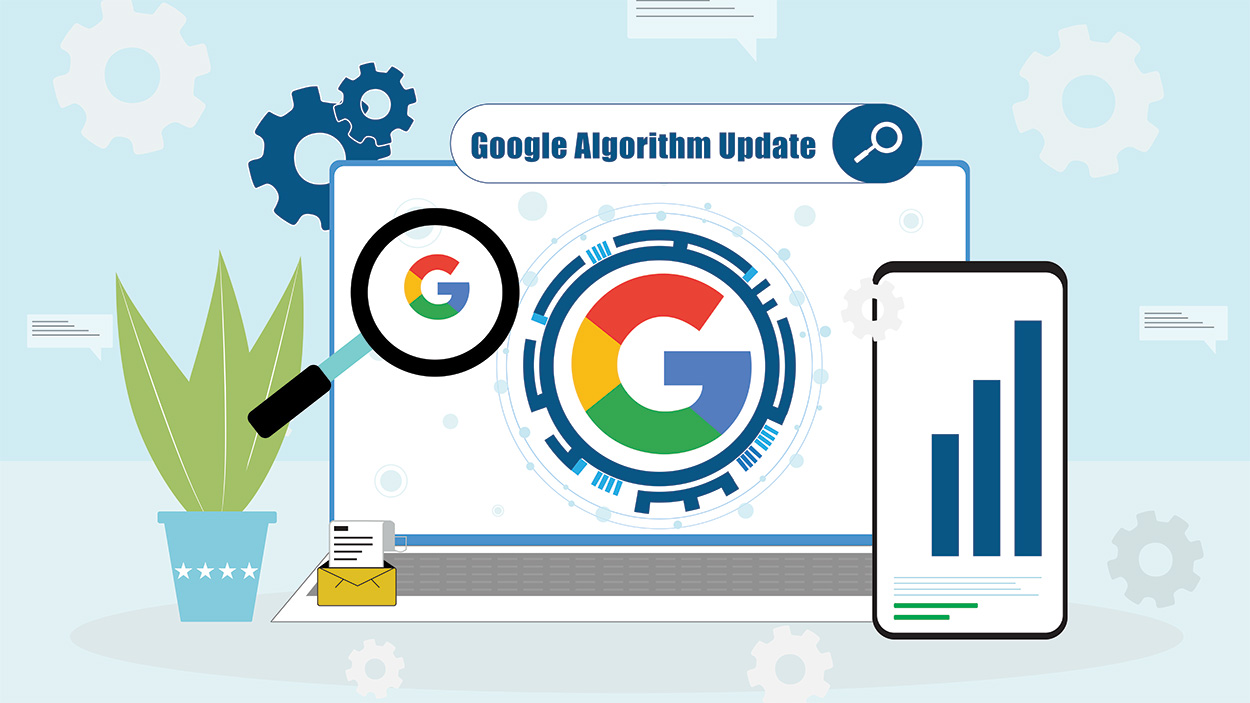The digital landscape is continuously evolving, and staying ahead in the competitive arena of search engine rankings is a must for healthcare providers. Google, the giant that dictates much of the web’s traffic flow, has continued to roll out significant updates to its ranking algorithms and link guidance in 2024 and early 2025. These changes profoundly impact the visibility of medical websites. In this updated article, we dive into the ramifications of these developments and how medical professionals can turn them to their advantage by strategically leveraging doctor directories and other SEO best practices.
Understanding Google’s Latest Updates and E-E-A-T
Google’s recent updates, including the March 2024 Core Update, March 2024 Spam Update, and subsequent refinements, underscore a stronger emphasis on quality, relevance, user experience, and the E-E-A-T framework (Experience, Expertise, Authoritativeness, and Trustworthiness). For medical websites, this means that every piece of content, every link, and every interaction must signal credibility and value. Google is actively reducing low-value content (a reported 40-45% decrease) and penalizing manipulative SEO tactics like “site reputation abuse” (parasite SEO) and scaled content abuse.
This intensified focus on E-E-A-T is particularly crucial for “Your Money or Your Life” (YMYL) topics, which include health and medical information. Google wants to ensure that the information users find about their health is accurate, reliable, and from verified sources.
The Role of AI in Search: AI Overviews and Your Content
The introduction of AI Overviews (formerly Search Generative Experience – SGE) in Google search results marks another significant shift. AI Overviews provide concise, AI-generated summaries at the top of the SERP, directly answering user queries. While this can lead to “zero-click searches” where users get answers without visiting a website, it also presents an opportunity for high-quality, authoritative content to be featured prominently.
For medical websites, optimizing for AI Overviews means:
- Concise, Factual Answers: Structure your content to provide direct, clear answers to common patient questions.
- Structured Data: Utilize headings (H1, H2, H3), bullet points, and lists to make your content easily digestible and scannable by AI.
- Prioritizing Clarity over Keyword Density: While keywords remain important, focus on natural language and clear explanations.
- Maintaining Trust: AI Overviews are less likely to rewrite medical messaging, indicating Google’s emphasis on maintaining the factual integrity of health information from trusted sources.
Evolving SEO Linking Strategy on Medical Websites
A strategic approach to linking is more critical than ever for medical websites. The emphasis is on acquiring high-quality, relevant backlinks from authoritative and trustworthy sources. Google’s latest link guidance is specifically cracking down on spammy links and site reputation abuse, where third-party content is published on reputable sites to exploit their authority.
Key considerations for medical SEO linking strategy in 2025:
- Genuine Backlinks: Focus on earning natural backlinks through valuable, original content that other reputable sites genuinely want to reference.
- Relevance: Links should come from websites within the healthcare industry or highly relevant fields.
- Anchor Text: Use descriptive, keyword-rich anchor text that accurately reflects the linked content, but avoid over-optimization or “keyword stuffing.”
- Internal Linking: Thoughtfully link related pages within your own website to improve user navigation and signal content hierarchy to Google.
- Backlink Audits: Regularly audit your backlink profile to identify and disavow any spammy or low-quality links that could harm your site’s1 reputation.
Doctor Directories as a Cornerstone of SEO Link Strategy
Doctor directories remain an invaluable tool in this new SEO landscape, particularly for local visibility and building E-E-A-T. These platforms provide medical professionals with a structured way to list their services, often linking back to their own websites.
Why doctor directories are more important than ever for medical SEO:
- High Domain Authority: Reputable doctor directories typically have high domain authority, meaning a backlink from such a directory is a strong endorsement in Google’s eyes.
- Local SEO Powerhouse: Optimizing your listings on directories like Google Business Profile (formerly Google My Business), Healthgrades, Vitals, and Yelp is paramount for local SEO. These listings directly influence your visibility in Google’s local search results and Google Maps.
- NAP Consistency: Ensuring consistent Name, Address, and Phone Number (NAP) information across all directories is crucial for Google to verify your practice’s legitimacy and improve local rankings.
- Review Management: Doctor directories are often platforms for patient reviews. Actively soliciting and responding to reviews (both positive and negative) on these platforms significantly impacts your “Trustworthiness” (T in E-E-A-T) and improves local search visibility.
- Showcasing E-E-A-T: Many directories allow for detailed profiles where you can showcase your “Experience” (years in practice, patient testimonials), “Expertise” (specialties, certifications), “Authoritativeness” (awards, affiliations), and “Trustworthiness” (patient reviews, clear contact information).
Applying Google’s Link Update and E-E-A-T in Medical Websites (2025)
To make the most of Google’s evolving guidelines, medical websites need a holistic approach focusing on these factors:
- Enhance E-E-A-T Across Your Site:
- Experience: Showcase patient testimonials, case studies (anonymized for privacy), and highlight years of practice.
- Expertise: Ensure all medical content is written or reviewed by qualified healthcare professionals. Include detailed author bios with credentials and relevant experience.
- Authoritativeness: Seek mentions and backlinks from reputable medical organizations, academic institutions, and health publications. Display any relevant awards, certifications, or affiliations.
- Trustworthiness: Maintain a secure website (HTTPS), have clear privacy policies, easily accessible contact information, and actively manage online reviews.
- Optimize Google Business Profile (GBP): This is the cornerstone of local healthcare SEO. Keep your GBP profile complete, accurate, and regularly updated with hours, services, photos, and Q&A.
- Prioritize Local Keywords: Incorporate location-based keywords (e.g., “pediatrician in [city]”, “urgent care near [neighborhood]”) naturally throughout your website content, meta tags, and service pages.
- Create Helpful, User-First Content: Focus on providing comprehensive, accurate, and insightful content that genuinely addresses patient needs and common health queries. This includes long-form articles, FAQs, and multimedia elements (videos, infographics).
- Mobile-First Design and Speed: With mobile-first indexing, ensure your website is fully optimized for mobile devices with fast loading times and an intuitive user experience.
- Schema Markup: Implement specific healthcare-related schema markup (e.g., MedicalOrganization, Physician, FAQPage) to help Google understand your content and appear in rich snippets.
WSI HDS Marketing Services: Your Ally in Modern Healthcare Marketing
At WSI Healthy Digital Solutions, we understand the intricacies of healthcare marketing and the continuous impact of Google’s updates on your online success. Our team of experts is dedicated to crafting tailored SEO strategies that align with Google’s latest guidelines and the nuances of the healthcare industry. We focus on building your E-E-A-T, optimizing your local presence, and ensuring your content is poised for success in the age of AI Overviews.
By partnering with us, you can rest assured that your online presence is in skilled hands, leaving you free to focus on what you do best – providing top-notch medical care. Google’s evolving search landscape presents both a challenge and a significant opportunity for medical websites. By leveraging the power of optimized doctor directories, implementing a thoughtful, E-E-A-T-driven SEO strategy, and adapting to AI’s influence, healthcare providers can enhance their online visibility, attract more patients, and build a stronger digital reputation. Remember, it’s not just about being seen—it’s about being seen by the right people, with the right information, at the right time.
If you’re looking to elevate your medical website’s ranking and reach in 2025 and beyond, reach out to us at WSI Healthy Digital Solutions. Our experienced team is ready to devise and implement a comprehensive SEO strategy that delivers measurable results. Contact Us to learn more or schedule a free consultation, and let us help you navigate the ever-changing world of healthcare marketing.



